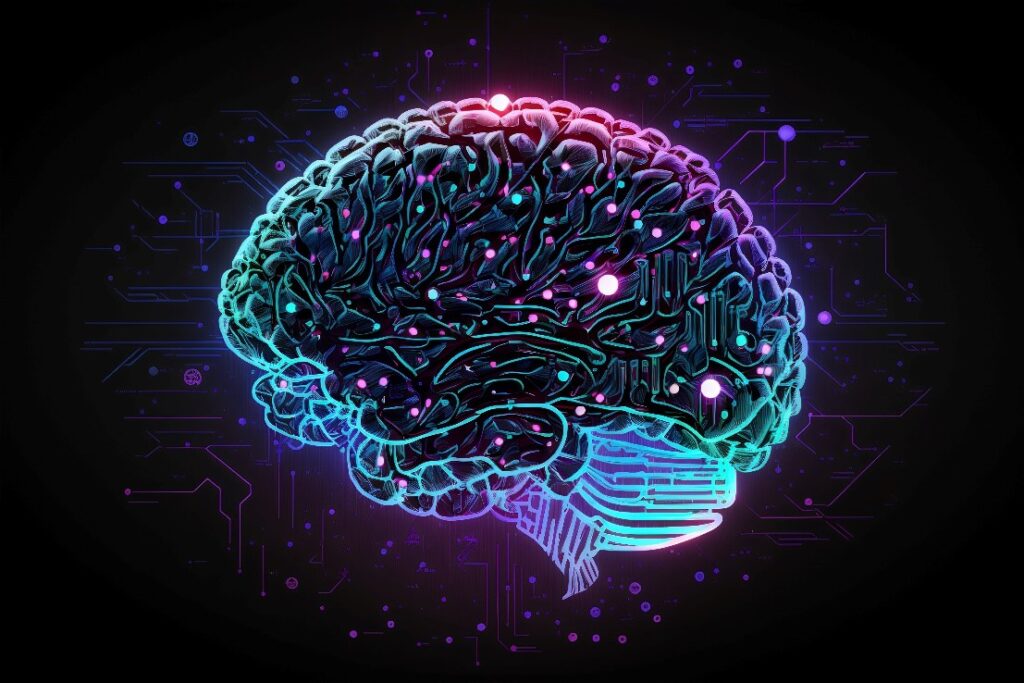
Spirituality is a largely subjective field, with the term eliciting different meanings from person to person. But regardless of the way individuals practice spirituality, it’s been shown to have positive neurological and psychological effects.
Although it’s raised some issues regarding the importance, relevance, and need for research on the impacts of spirituality, Bob Bremer Ohio says that the field is expanding in line with the rise of health and wellness.
Experts are currently attempting to find objective measures of spiritual experiences on the mind and body. And those who have are impressed with the positive results they’ve stumbled upon.
Neurological Changes Triggered by Spirituality
Historically, EEGs were used to measure electrical activity in the brain when studying meditation practices’ effects. However, functional neuroimaging studies are now performed for more reliable results.
The number of neuroimaging studies using a wide range of techniques continues expanding, with many researchers concluding there are coherent findings with the parietal lobes, frontal lobes, limbic system, and thalamus in people who practice spirituality.
Experts note that the type of spiritual practice changes which areas of the brain are utilized, resulting in various imaging scans. For instance, trance practices often show decreased frontal lobe function, while meditation-based activities increase frontal lobe function.
In fact, one study conducted by Beauregard et al in 2009 showed the brain imaging scans also changed when a person actively reflected on a previous spiritual experience.
One of the most recent studies performed in 2021 by the Brigham and Women’s Hospital involved lesion network mapping, which identified that spiritual acceptance is localized to one specific brain circuit. This circuit is found in the periaqueductal gray (PAG) — the same region that handles fear conditioning, altruistic behaviors, unconditional love, and pain modulation.
That said, more research is needed to establish the true neurological changes that occur in the brain during and after spiritual practices.

Psychological Effects of Spirituality
The psychological effects of spirituality are somewhat easier to ascertain as they’ve been reported for thousands of years. Again, it’s subjective to the practice and the individual, but many mental health benefits reside within performing spiritual activities.
The most notable psychological effects of spirituality are purported by various experts and include:
- Improved self-esteem, self-control, and confidence
- Enhanced support networks (applicable when a person is involved in a spiritual community)
- Healthier relationships with the self and others
- Gained inner strength
- Achieved a higher sense of hope, meaning, purpose, and peace
The mental, emotional, and social effects of spirituality are so widely accepted that a psychotherapeutic method dubbed Spiritually Augmented Cognitive Behavior Therapy has been designed to treat a range of mental health disorders. This meaning-based approach focuses on four primary areas:
- Hope
- Acceptance
- Forgiveness
- Achieving purpose and meaning
It examines the unavoidable parts of life, including death, before finding ways to confront them and seek a divine purpose.
Acquiring Spirituality’s Neurological and Psychological Benefits
Those looking to obtain the above-mentioned benefits must discover the type of spirituality that suits them for the best results.



